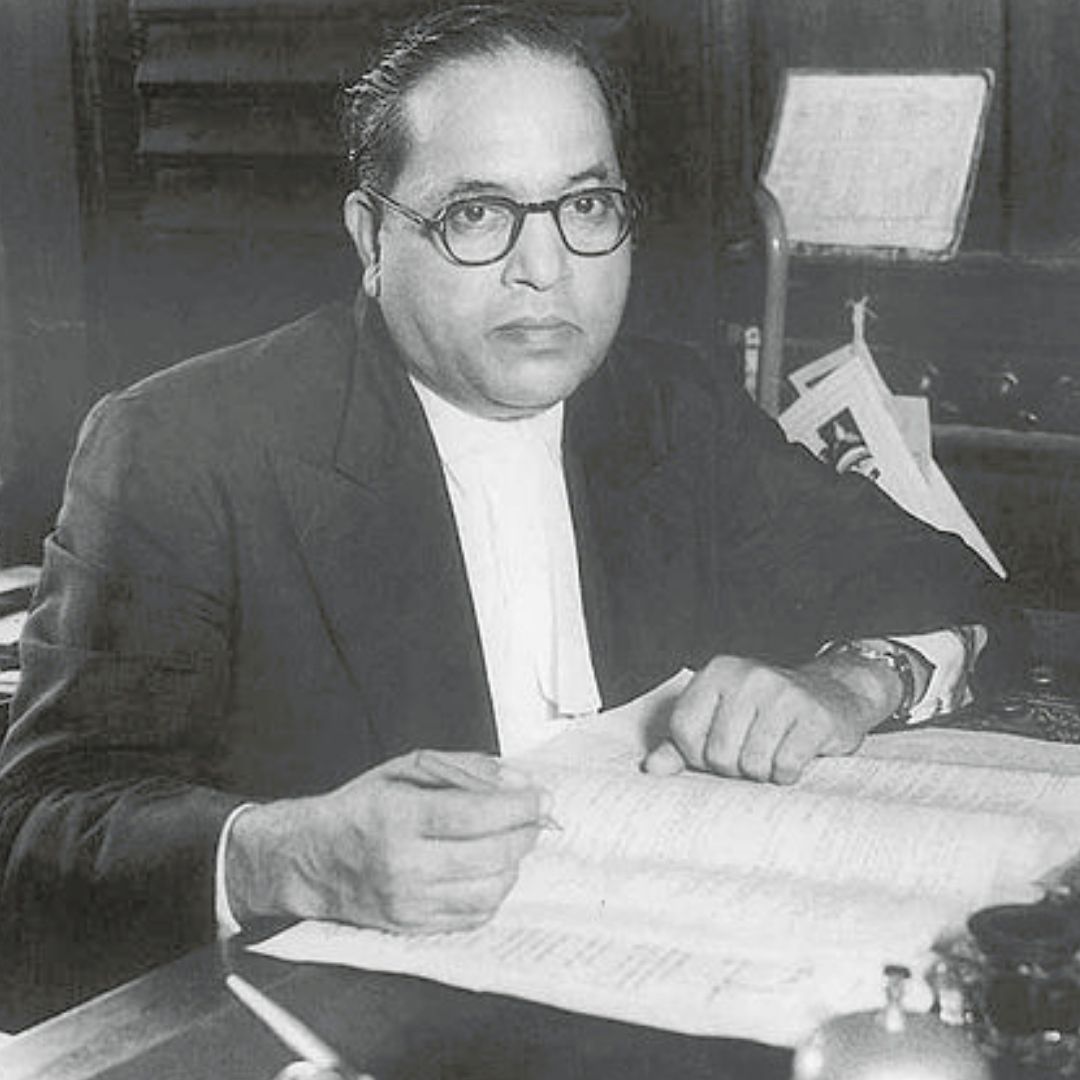
Image Credits: Wikimedia
Why BR Ambedkar Burned 'Manusmriti' On December 25?
Writer: Akanksha Saxena
I am a budding journalist who loves to write stories that have the ability to connect with people.
India, 26 Dec 2021 8:45 AM GMT
Editor : Ankita Singh |
A literature lover who likes delving deeper into a wide range of societal issues and expresses her opinions about the same. Keeps looking for best-read recommendations while enjoying her coffee and tea.
Creatives : Akanksha Saxena
I am a budding journalist who loves to write stories that have the ability to connect with people.
'Manusmriti' was infamous for preaching casteist and patriarchal norms that ridiculed the Dalits and women, stripping away all the basic rights and leaving them to the mercy of the upper-class individuals.
December 25 is a date the entire world looks forward to, and Christmas is an auspicious festival celebrated globally as everyone gears up to usher in the New Year with new hopes and dreams. However, this day has been etched in Indian history for another reason altogether.
Over 90 years ago, Dr BR Ambedkar burned the 'Manusmriti' on December 21, 1927, during the famous 'Mahad Satyagraha'. Called 'Manusmriti Dahan Divas', this was done to protest against the religious ideals that advocate untouchability against the lower classes.
"Religion And Slavery Is Not Compatible"
On December 25, 1927, Dr Ambedkar gathered masses in Mahad in coastal Maharashtra to protest against the controversial text called 'Manusmriti'. It was infamous for its casteist preachings that promoted injustice against the Dalits. Manusmriti strips away fundamental rights from them, stating that their only duty is to serve the upper castes 'without any grumbling.'
According to the text, lower classes were considered 'unfit' for education and were not allowed to own any property of their own.
Before the event, Ambedkar addressed the people about the significance of this day. Feminism In India quotes, "Let's destroy the authority of ancient Hindu scriptures that are borne in inequality. Religion and slavery are not compatible." The Manusmriti's ideals were criticized by his associate, Bapusaheb Sahastrabuddhe, who was responsible for burning it. "I condemn the doctrines of Manusmriti. It is a symbol not of religion but inequality, cruelty and injustice," he said.
Stree Mukti Divas
Apart from ridiculing the lower rungs of society, the 'Manusmriti' is known for enforcing patriarchal norms. The text sees an Indian woman as nothing but a sexual object whose sole aim is to please her husband. "It is the nature of women to seduce men in this world; for that reason, the wise are never unguarded in the company of females," Nirmukta quotes the discriminatory text.
Not only that, Manusmriti asks for women not to be independent and is expected to be in the custody of her husband after marriage and that of her sons when she becomes a widow.
Dr BR Ambedkar was an advocate of equal rights and stood vehemently against the text. The pivotal moment of burning the Manusmriti has gained prominence over the years. While several people criticize him for this move, many others support him and emphasize his importance even today.
Also Read: What BR Ambedkar Had To Say About Caste & The Caste System
 All section
All section














